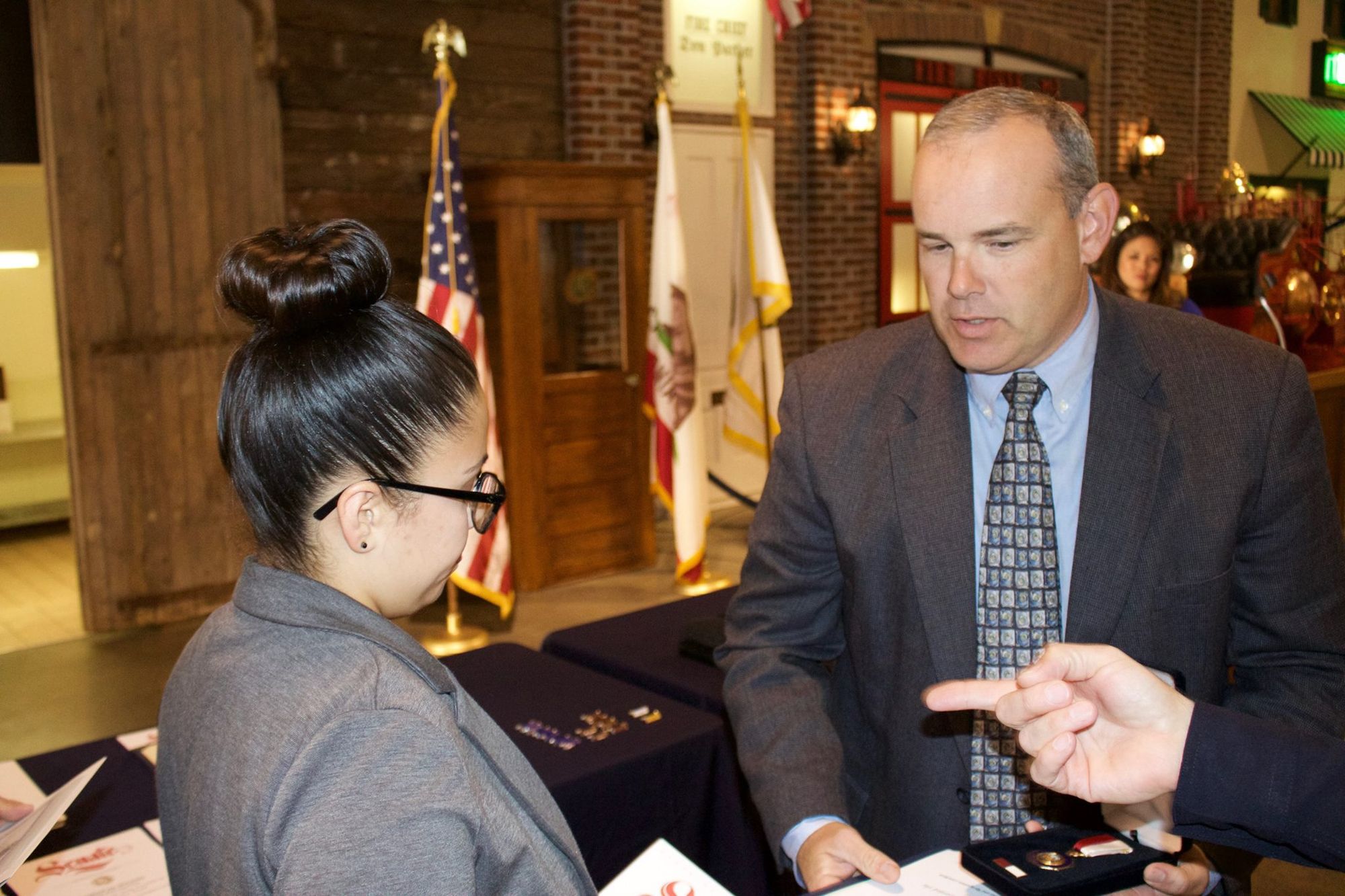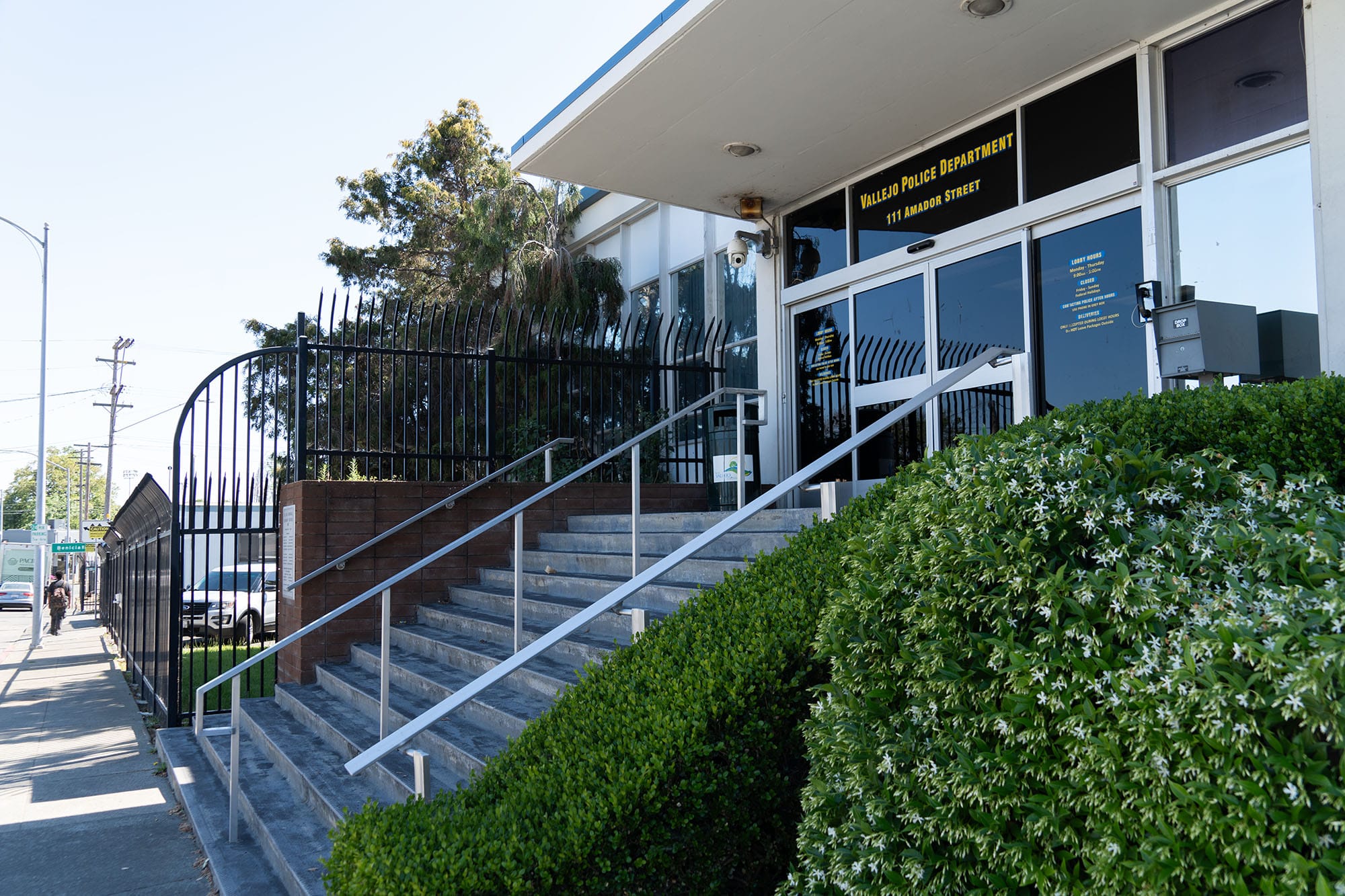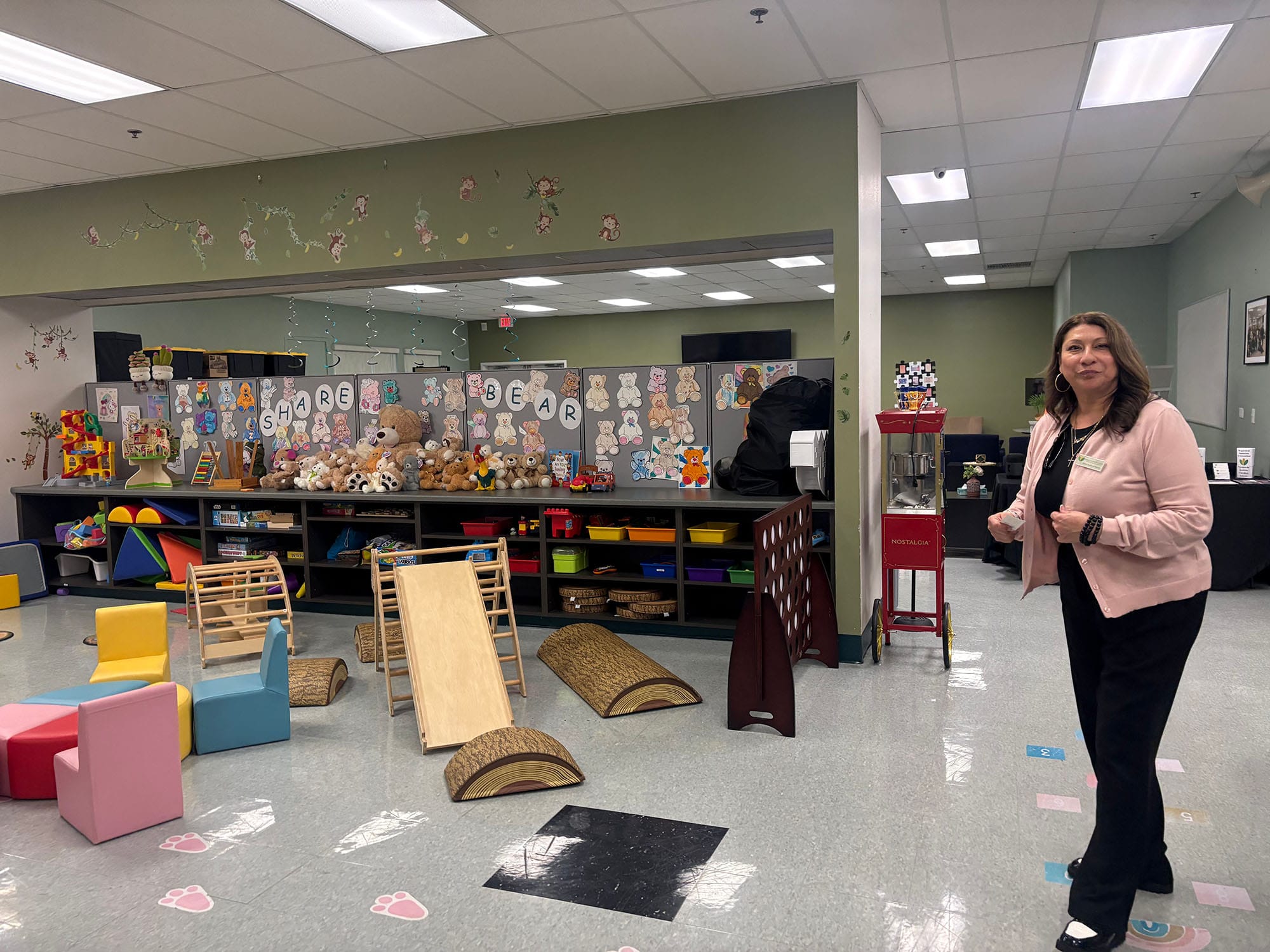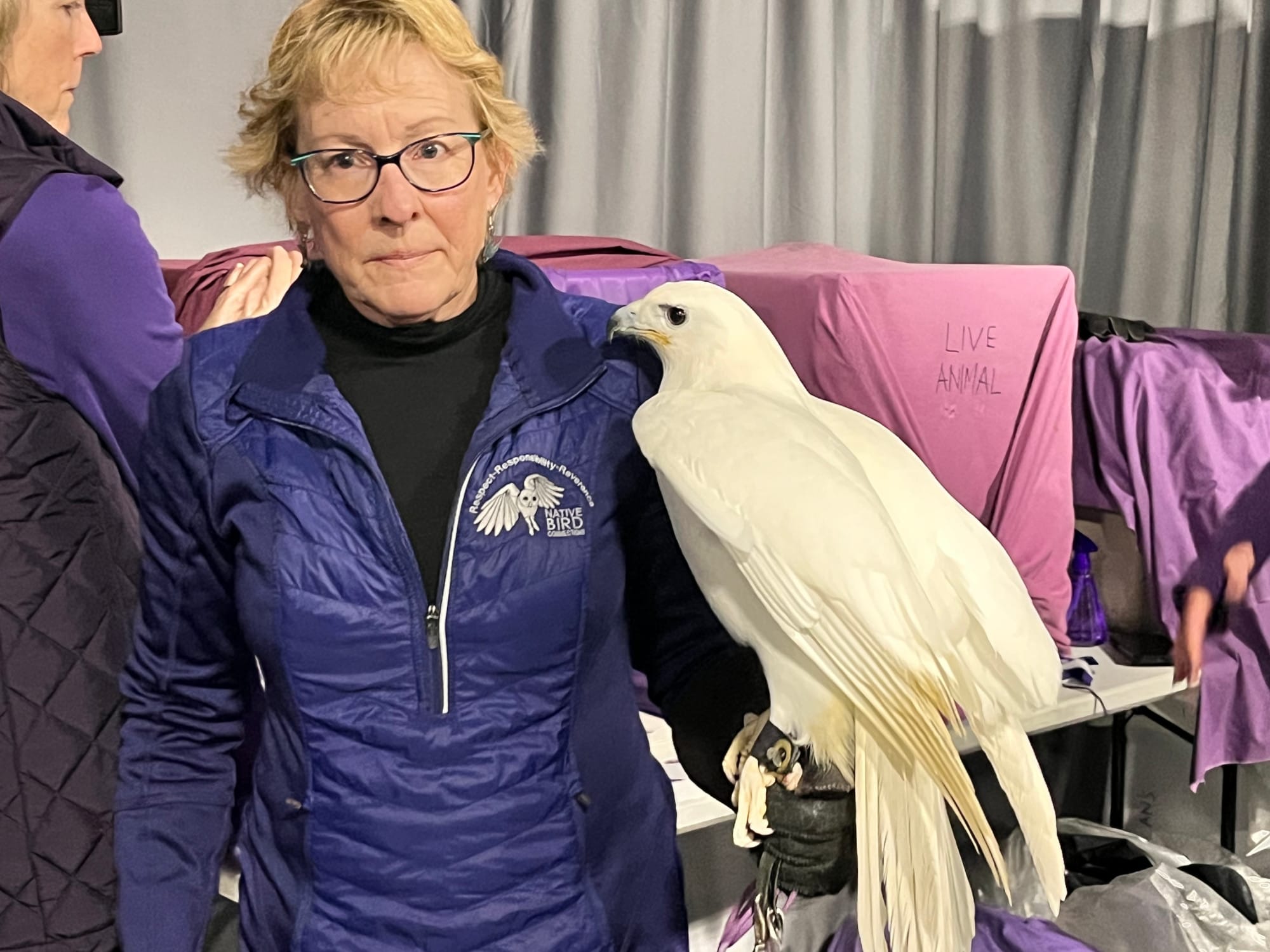VALLEJO – The former head of the Vallejo Police Officers Association worked to “significantly” lower the department’s standards so he could get promoted, according to testimony in a whistleblower’s lawsuit.
In 2017, Det. Mat Mustard — then president of the Vallejo Police Officers Association — had failed his written sergeant’s exam and wasn’t further considered for promotion. But he then advocated for changes to the exam, which then-police Chief Andrew Bidou accepted, leading to Mustard’s promotion, according to former Vallejo police Capt. John Whitney’s testimony last December in a deposition for his wrongful termination suit against the city of Vallejo.
The lowered standard didn’t sit well with some of the department’s higher-ranking officers, including Whitney and Capt. Lee Horton. Both took offense to two provisions: it “put very little significance” on the written exam and removed a provision that rejected anyone who couldn’t score higher than 70%.
Support independent journalism
We are a small independent investigative journalism outlet and rely on support from readers. Can you chip in with a one time contribution to help us continue?
Yes, I'll support local news“Captain Horton and I both protested this for a good amount of time in the chief's office, with Mat Mustard saying that this is how it should be done,” Whitney testified. “The chief ultimately went with what Mat Mustard wanted.”
Mustard by then was well-known for falsely accusing two people of staging a graphic and highly publicized kidnapping, which later led to a $2.5 million settlement for the couple after the real kidnapper was found by investigators in another jurisdiction.
After his promotion, a Black subordinate accused Mustard of mistreatment, including using a racial slur. An investigation found Mustard didn’t use the word “boy” with racist intent, but he wasn’t credible when recalling that event. Whitney testified that initially, Bidou had refused to investigate that incident.
A transcript of Whitney’s testimony obtained by the Sun also provides new details from the kidnapping incident and provides evidence that the Vallejo Police Department did not investigate misconduct by officers and promoted — rather than punished — its most violent officers.
Whitney alleges that he was fired for reporting these issues, including by attempting to hold officers accountable who were bending the tips of their star-shaped badges to mark shootings. The city alleges that Whitney was fired for deleting data from his department-issued phone just before turning it in during an investigation.
The Sun attempted to reach Mustard for comment, but his official city of Vallejo email account has blocked this reporter’s email address.
A ‘win-at-all-costs’ attitude
Mathew Mustard’s two-decade-long career as Vallejo police has been fraught with several high-profile and controversial incidents.
He joined Vallejo police in 2001 and has been a detective since at least 2008. He served as president of the Vallejo Police Officers Association for a decade, including when the city declared bankruptcy in 2008 due to high police and fire salaries and in 2012, when officers killed six people, half of them by one officer in a five-month span who would later be promoted to detective.
One early incident during Mustard’s tenure as a detective led to findings that he pressured a doctor to change her medical opinion to fit his theory of a case.
In August 2012, Mustard was called to a hotel room where a 37-year-old woman, Jessica Brastow, and her boyfriend, Michael Daniels, had been drinking all day. Daniels called 911 to report Brastow was unresponsive, but arriving investigators found marks around her wrists and ankles and Daniels had fresh injuries on his forearms. That and a sock soaked with saliva and vomit in a trash can made Mustard believe it was a clear-cut homicide that Daniels committed.
Dr. Susan Hogan, a forensic pathologist with the Solano County Sheriff’s Office, performed the autopsy, which Mustard attended. But she found no typical signs of strangulation nor any evidence the sock was used to choke Brastow.
“What will it take for you to call this a homicide?” Hogan recalled Mustard asking her. She said she felt intimidated because she refused to change her finding.
Hogan recorded her voice notes of her autopsy findings, and concluded that there was “no way” she could call it a homicide, despite what Mustard wanted. “I’m not going to be pushed into it, so he can go kiss my ass,” she said.
Daniels was charged with Brastow’s murder but those charges were dropped at a preliminary hearing. But prosecutors and investigators were intent on seeing Daniels charged with homicide. More than a year later, Mustard responded to a prosecutor’s email saying they’d got convictions with less, so they needed “to throw it against the wall and see what sticks.”
It didn’t stick. A jury acquitted Daniels in April 2014. A judge found the prosecutorial team — including Mustard — pressured Hogan to change her medical opinion about Brastow’s cause of death, hid information from the defense, and violated legal ethics.
“The win-at-all-costs attitude is condoned and happens more than it should,” Meenha Lee, Daniels’s public defender, told The Appeal in March 2020.
Less than a year after a jury rejected Mustard’s theory of Brastow’s death, he was the lead detective on a bizarre kidnapping and rape case that would take several outside agencies to solve after Mustard falsely concluded that the kidnapping was an elaborate hoax.
2015: The ‘Gone Girl’ Case
In the early morning hours of March 22, 2015, Aaron Quinn and Denise Huskins were startled awake by what they believed were multiple people ransacking Quinn’s Mare Island home. They both were drugged. Huskins was kidnapped. Quinn awoke to what was staged to resemble a surveillance system set up to watch his every move.
Hours later — against the advice of the alleged team of intruders — Quinn called Vallejo police. They brought him in for questioning while having him change into a jail uniform. For 18 hours, Mustard tried to get Quinn to confess to killing Huskins and inventing the kidnapping plot as a cover. Meanwhile, Huskins was held in isolation and raped twice in a house in Lake Tahoe by an Ivy League-educated lawyer named Matthew Muller.
In their 2022 book, Quinn and Huskins describe how Mustard allegedly reacted to when Huskins’ mother disclosed that Huskins was already a victim of sexual abuse.
“I just want you to know that in our experience, women who have been sexually assaulted before often pretend that it is happening again to get attention and relive the excitement and thrill of that experience,” Mustard allegedly said.
Huskins was released at her parents house in Southern California days after her kidnapping and declined to speak with Vallejo police, who had been increasingly aggressive and hostile with the couple’s family.
Vallejo police held a press conference around 9:30 p.m. on March 25, 2015, where department spokesperson Lt. Kenny Park said the case was an "orchestrated event" and demanded that Quinn and Huskins apologize.
Just before the press conference, then-Chief Bidou told Park to, “Burn that bitch,” according to Whitney.
The local media ate it up. National media followed. There are still Vallejoans who believe the case was, in fact, a real life “Gone Girl,” as it was heavily portrayed in the media.
It would take a tenacious Alameda County Sheriff’s detective to catch Muller after he committed another similar home invasion.
The FBI later found and arrested Muller. The FBI’s application for a search warrant and Quinn and Huskins account in their book, Victim F, read like there was a rogue group of gentlemen thieves lurking around Mare Island who ended up taking the wrong person. Muller even sent Vallejo police and Henry Lee, then of the San Francisco Chronicle, detailed emails letting them know that Quinn and Huskins weren’t lying about the scenario presented to them.
Muller eventually confessed to a TV reporter — and eavesdropping FBI agents — that he acted alone. He pleaded guilty in 2016 to kidnapping Huskins and was sentenced to 40 years in federal prison. Last year, a Solano County judge sentenced Muller to 31 years in prison for his state charges. In 2018, the city of Vallejo settled a lawsuit with Huskins and Quinn for $2.5 million.
Despite botching the investigation, Bidou presented Mustard with the department’s officer of the year award for 2015.
Whitney later testified that Bidou sought to erase any reference of the “burn that bitch” comment from his phone and told him to lie if he was deposed in Huskins and Quinn’s lawsuit. He said that he and Park reported Bidou’s attempts to commit perjury to then-City Attorney Claudia Quintana.
“I told her that I had met with Chief Bidou, he said that he was getting deposed, that he planned on saying he did not remember, because he said you can get in trouble for lying, but you can't get in trouble for saying you don't remember,” Whitney said.
As that lawsuit was underway, Mustard would recommend the department lower its standards for the sergeant’s exam, so he could finally pass it and get promoted.
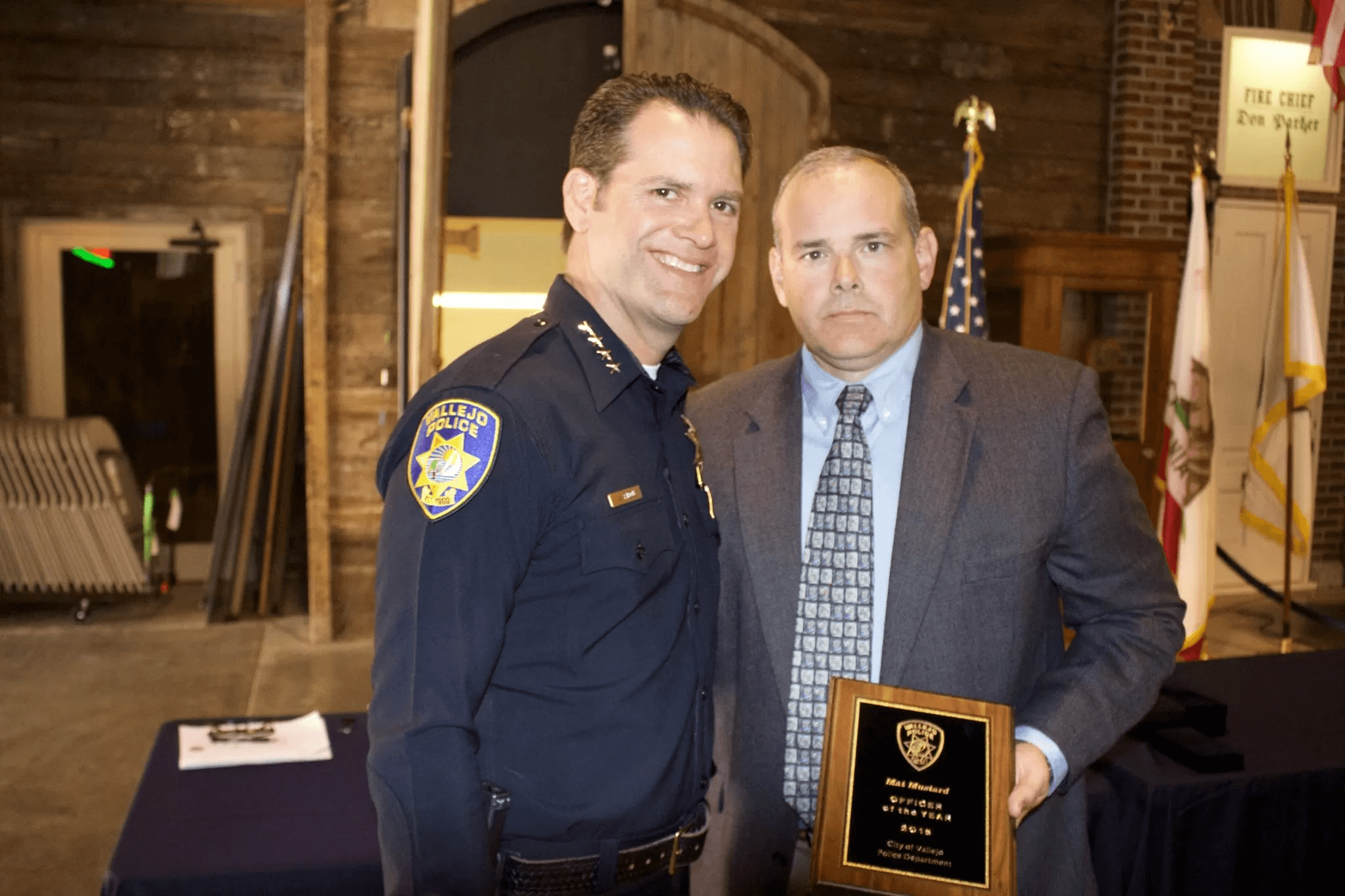
2017: Lowering the standards of leadership
By 2017, Mustard had sought a promotion to sergeant, but failed his written exam, according to Whitney’s testimony. Rather than study and improve his understanding of the department’s policies and procedures so he could pass the test, Mustard used his position as president of the police union to lower the qualifications to become sergeant.
Whitney testified that Mustard “protested how the test was going to be conducted” and “didn't believe that sergeants need to know anything about the policies and procedures.”
Whitney and fellow captain Horton went to then-Chief Bidou about the new lowered standards for sergeants.
“[Horton] was very upset, because we had always taken these tests over the years that truly test[s] the officers' knowledge on how to be a supervisor,” Whitney testified.
“It was changed in a manner that was not reflective of past tests, and it changed the overall weight of each segment of the test well after the testing process had already been announced,” Whitney said. But he said their complaints to the chief “fell on deaf ears.”
“He was going to change that test, no matter what,” Whitney testified.
Since the standards for the sergeant’s exam were lowered, Mustard was promoted to detective sergeant, his current rank, on Sept. 15, 2018. He was initially placed in the patrol division and months later was placed in charge of the investigations bureau.
As an officer in 2017, Mat Mustard made nearly $233,000 in total compensation, according to Transparent California, which tracks how much public employees are paid. The following year as a sergeant, that increased to nearly $300,000. In 2021, the last year for which data is available, Mustard’s total compensation climbed to more than $401,000.
Mustard’s conduct as a supervisor would soon lead to an investigation into whether he made racist remarks to a Black subordinate.
Corporal Jason Scott had been assigned to investigations for only two months in early 2019 when Mustard told Whitney he “didn't want Jason Scott to begin with.” Mustard said Scott was falling behind on his reports and described him as “lazy” and someone who “doesn't want to learn,” Whitney testified.
“I talked to Sergeant Mustard about other things he can do to help Corporal Scott adjust to his position in detectives,” Whitney testified. “I asked him if he offered any guidance or training to him, any one-on-one. He said that wasn't his job.”
Whitney said he followed up with both Mustard and Scott separately and learned the two “had a blowout” in the investigations division.
Scott told Whitney that he “believed he was being mistreated because he's African American.”
“I had known Corporal Scott since he came on,” Whitney testified. “He would never make complaints such as that, never raise that type of issue, but felt that he was being treated differently from the other members of the investigations bureau because he was Black, and that Sergeant Mustard did not like him.”
Whitney testified that Scott told him he knew Mustard wanted then-Cpl. Joseph McCarthy in investigations, not Scott.

Whitney said he took those complaints to the chief, which should have automatically triggered an HR investigation. But Bidou chose not to investigate and instead instructed Whitney to tell them to knock it off.
“He said, ‘Just tell Sergeant Mustard to be nicer to Corporal Scott,’” Whitney testified. “There's not going to be any investigation at all.”
When Whitney relayed how the department was going to handle it, Scott was “unhappy” and “threatened litigation,” Whitney testified.
The department later contracted with an outside firm to conduct an investigation into Mustard’s use of the racial slur “boy” towards Scott. A leaked report of the investigation concluded that Mustard did not have racist intent when he called Scott “boy” but questioned the veracity of Mustard’s statements and those of two other detectives, Terry Schillinger and Scott Yates.
“This investigation did not find Sgt. Mustard’s account as to these issues credible,” the report from a Sacramento-based law firm dated April 17, 2020, states. “Specifically, Sgt. Mustard’s account was outweighed by the multiple consistent countervailing witness accounts and other relevant evidence.”
2020: ‘A dirty cop’
A public defender years later would make further allegations that Mustard withheld key evidence and lied under oath in connection with a sexual assault investigation.
Mustard was assigned to investigate a case of a teenage girl being abducted and raped in Vallejo in July 2018. His subordinate Det. Josh Caitham was assigned a similar sexual assault that happened weeks later, where a man forced a victim into his car and forced her to orally copulate him at gunpoint.
Mustard and Caitham would eventually present a case to prosecutors that both assaults had been committed by the same suspect, Kenneth Weathersby Jr. But DNA evidence did not support the conclusion that both assaults had been committed by the same person.
During Weathersby’s 2020 trial, California Department of Justice senior criminalist Kevin Gazlay testified that he made it “crystal clear” to Mustard that the suspect DNA samples from the different cases didn’t match.
But neither officials with the DOJ nor Vallejo police made a report that reflected that. The only documentation of Gazlay’s conclusions were his lab notes, which Weathersby’s public defenders didn’t see until the trial had begun in late February 2020.
Then COVID shut down the country, as Solano County would be tied to the first known community transmission of COVID in the United States. Still, Judge Robert Bowers kept the Weathersby trial in Vallejo going two days after the governor declared the first COVID-related health emergency, telling everyone to shelter in place.
Nick Filloy, the deputy public defender representing Weathersby, kept asking for a delay in the trial because of the novel coronavirus pandemic, but Bowers cited the Solano County DA’s office's willingness to keep going as a reason to do so.
Under questioning from Filloy, Caitham testified that a call from the DOJ about evidence in the case should have been enough for Mustard to write a report.
“He did his best to support his colleague and boss that got up there on the stand,” Filloy said of Caitham in his closing arguments. “But, you know, Caitham wasn't going to lie.”
During the trial, Mustard was shaky on a lot of key details. He testified that he “couldn’t recall” speaking with anyone from the DOJ about evidence excluding Weathersby, as he was no longer lead investigator on the case due to a recent promotion to detective sergeant.
Weathersby was eventually convicted of both assaults and sentenced to 150 years to life in prison in 2021.
In his closing remarks in the Weathersby trial, Filloy didn’t mince words about Mustard’s handling of DNA evidence, calling Mustard “a dirty cop who lied.”
Quoting Ghostface Killah’s “Run”, Filloy said, “Make no mistake about it: Exculpatory evidence about Kenneth Weathersby in this case was withheld because Detective Mat Mustard of the Vallejo Police Department – to quote a great lyricist – is dirty like the corner in the bathroom floor.”
Editor's note: This story has been corrected to clarify Chief Andrew Bidou's comments regarding the kidnapping case.
Before you go...
It’s expensive to produce the kind of high-quality journalism we do at the Vallejo Sun. And we rely on reader support so we can keep publishing.
If you enjoy our regular beat reporting, in-depth investigations, and deep-dive podcast episodes, chip in so we can keep doing this work and bringing you the journalism you rely on.
Click here to become a sustaining member of our newsroom.
THE VALLEJO SUN NEWSLETTER
Investigative reporting, regular updates, events and more
- policing
- Vallejo
- Vallejo Police Department
- Vallejo Police Officers Association
- Mat Mustard
- Andrew Bidou
- John Whitney
- Lee Horton
- Jessica Brastow
- Michael Daniels
- Susan Hogan
- Aaron Quinn
- Denise Huskins
- Kenny Park
- FBI
- Claudia Quintana
- Jason Scott
- Joseph McCarthy
- Terry Schillinger
- Scott Yates
- Josh Caitham
- Kenneth Lee Weathersby Jr.
- Kevin Gazlay
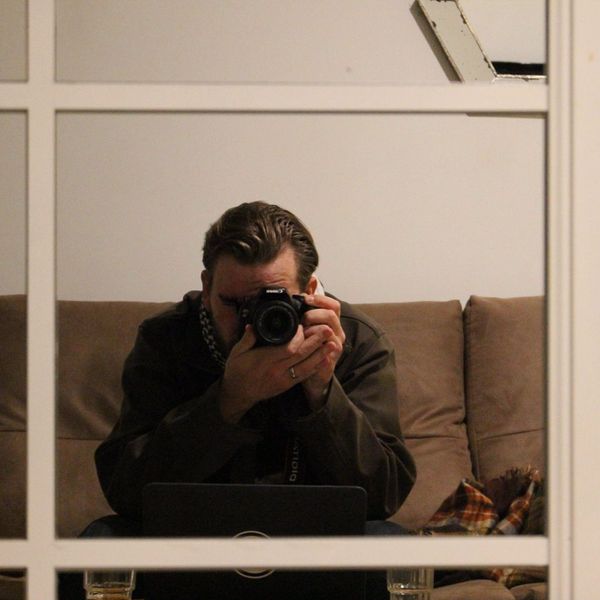
Brian Krans
Brian Krans is a reporter in the East Bay who covers public health, from cops to COVID. He has written for the Oaklandside, Healthline, California Healthline and the Appeal.
follow me :

